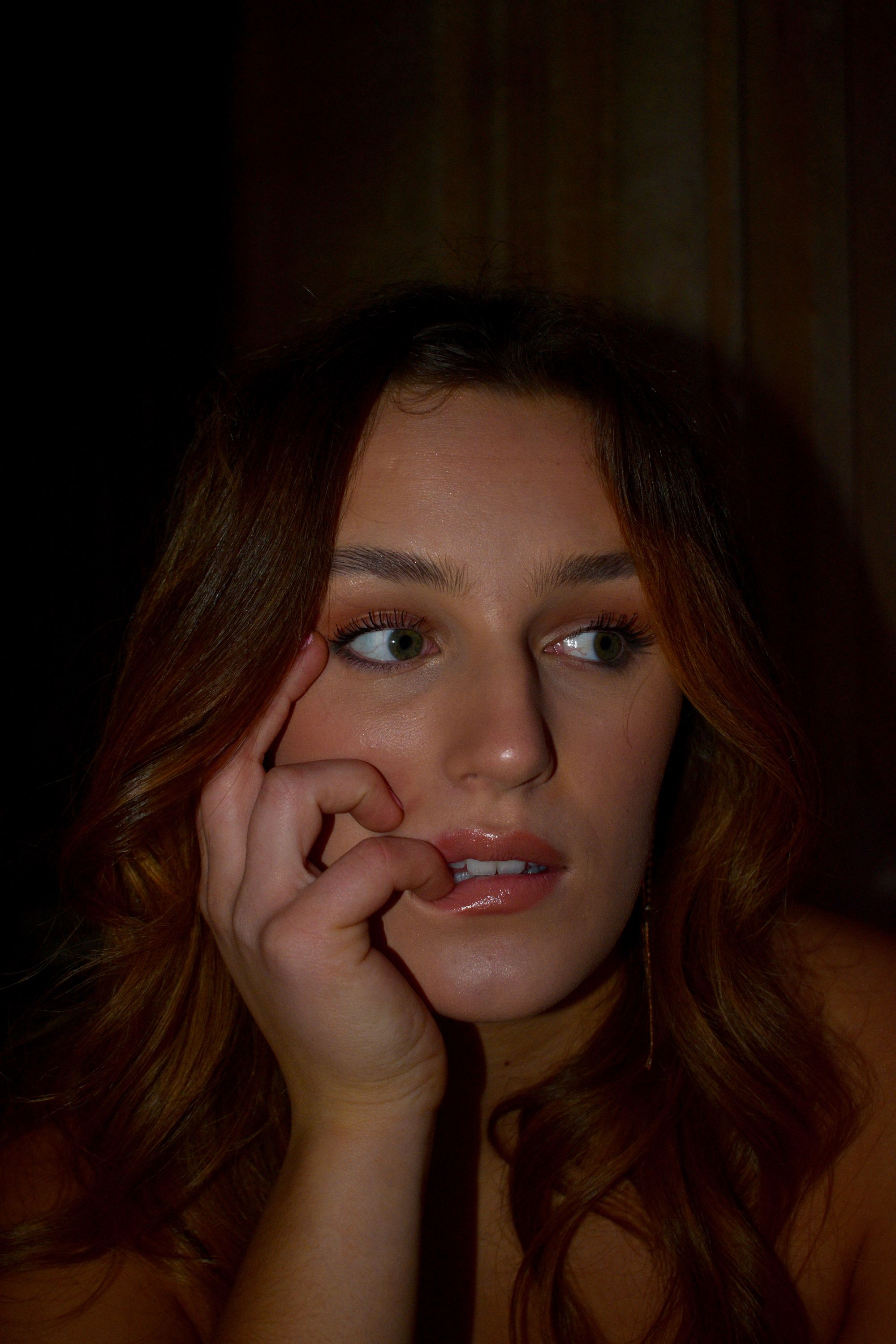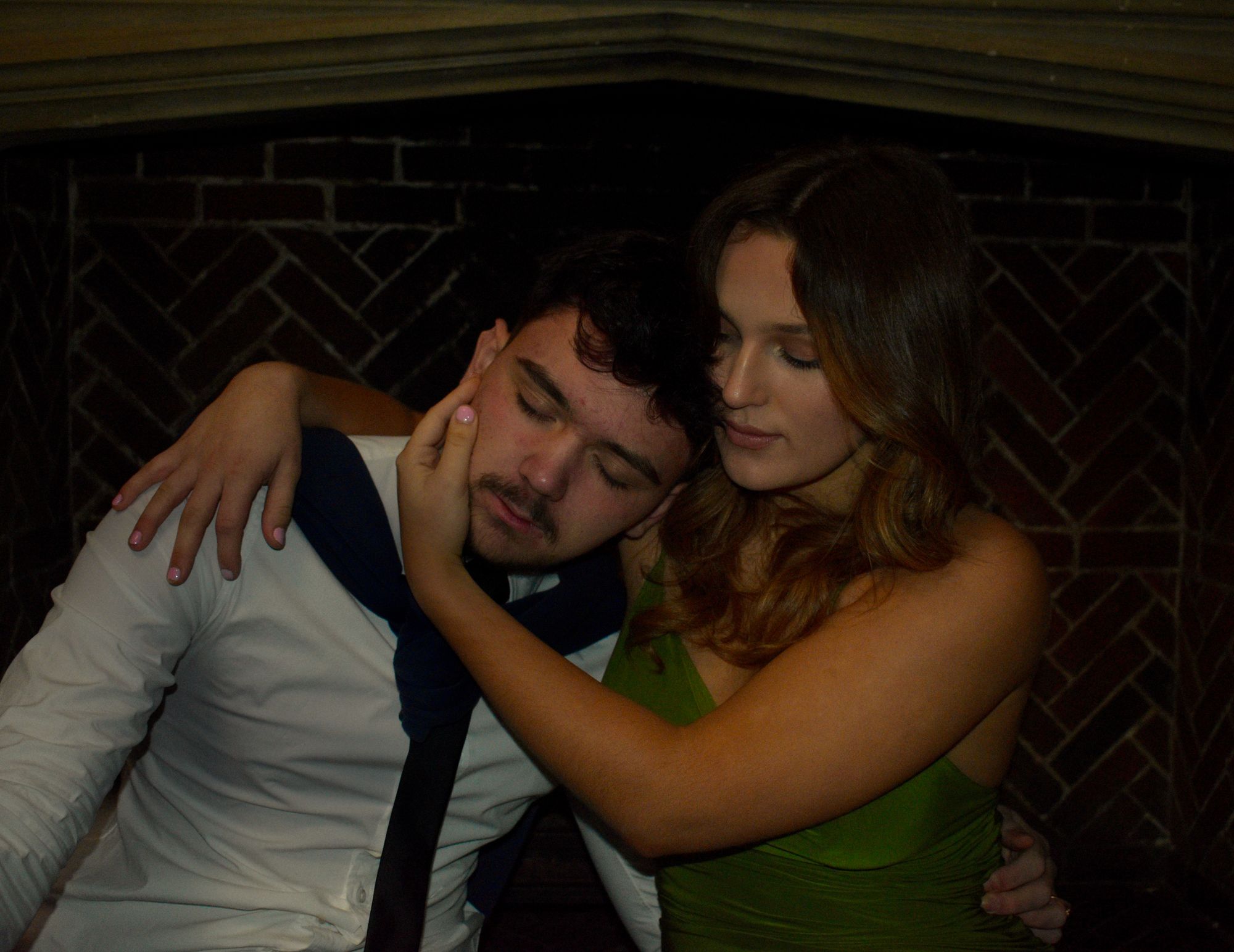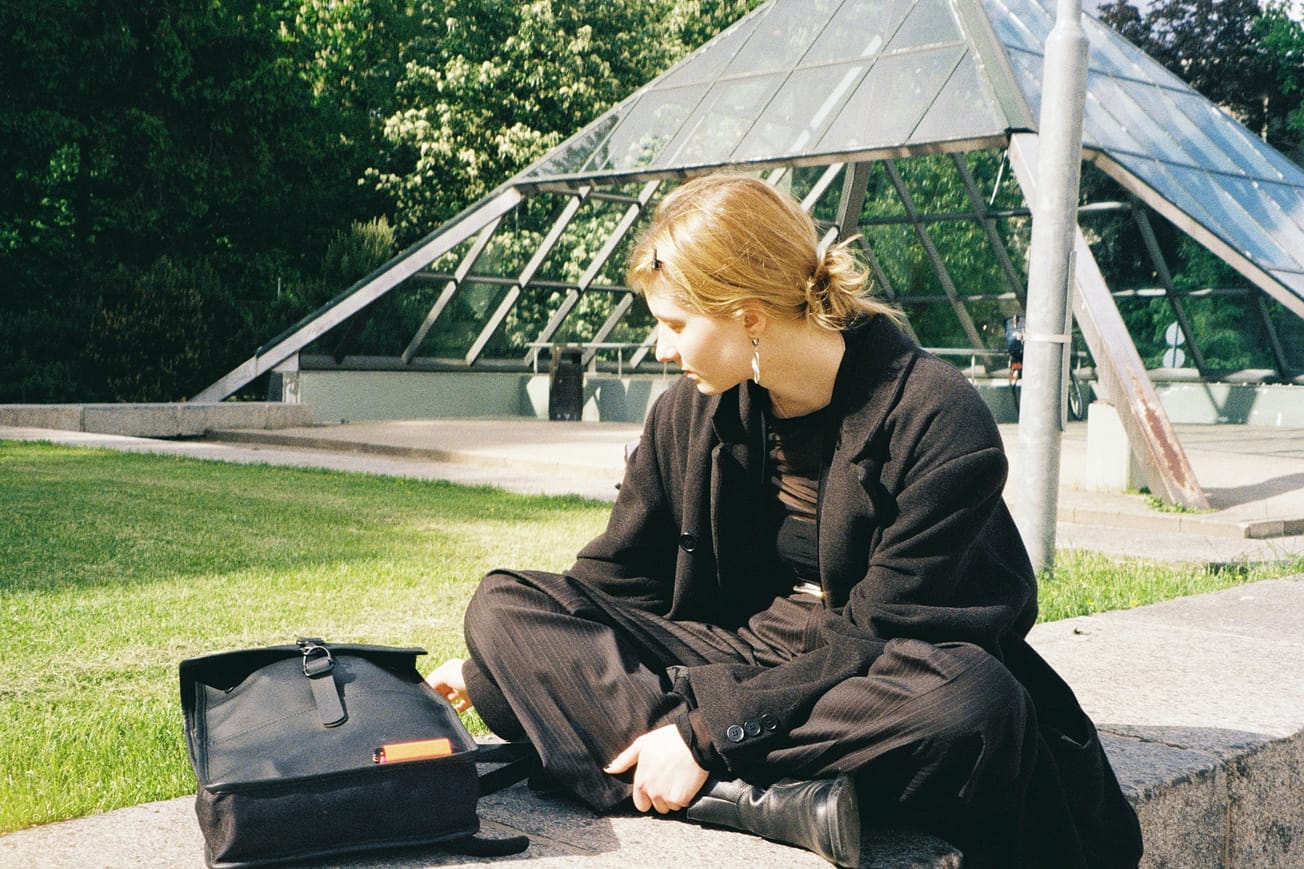By Evie Wynn
TRIGGER WARNING: mentions of OCD
The Croft Magazine // We’re all told that university involves a lot of going out, getting drunk, and missing a lecture in favour of a spoons breakfast to nurse the hangover. Though everyone’s experience can and will be different, at some point there will be chances of nights out, or your flatmates will be pre-drinking and holding house parties around you. So, what if that doesn’t feel like you? Because, for me, partying comes with a few problems.
I have struggled with my mental health for a long time, and finally got professional help when I was suspended from university after second year. I was not exactly a party animal before this but going out and getting drunk had been part of my university experience, and it was often problematic. Many of us struggle with social anxiety, and nights out can be difficult for a lot of people. This is especially the case when we feel the pressure to get involved, or have the ‘real’ university experience (whatever that even means!). Enter problem two. As for a lot of people, alcohol worsens my anxiety and low moods. I have obsessive-compulsive disorder, mainly manifesting in intrusive thoughts and obsessive thinking.
These ruminations were already on the soapbox of my brain most of the time, but alcohol handed them the loudspeaker. I would often feel low on a night out, like I’m on the outside, looking in on everyone. But alcohol brought an abrupt mood drop at some point in the night. I would get existential dread - and dread about the thoughts I was having - that would carry over into my hangover. This was next-level hangover blues I couldn’t shower off or swallow down with a strong coffee.
During my year off, I stopped drinking. One particularly rough New Year’s and days of recovery and suddenly, it just wasn’t worth it anymore. It’s not easy, though, especially when it had been a useful tool for years.

When I stopped drinking, I was home, in my comfort zone, and still in the momentum of the pandemic so not socialising often. But then I went abroad for a year, which can feel like repeating Freshers for months. New peopsmall talkme small-talk, student events. Facing social anxiety, in a foreign country, without the springboard of a few glugs of wine or a Stein of beer in hand, is not easy. And being faced with the inevitable ‘You don’t drink? Why?!’ in a country where beer is ingrained into the culture is hardly fun either.
It’s still sometimes difficult now, even back home. It can come with stigma: you might worry that you’ll be seen as a ‘downer’. But it’s not about the version of yourself that other people want to be around, it’s who you want to be in your own head. You have to put yourself first.

Of course, I still get anxiety and low moods, but I can deal with this a lot more lucidly. So, what’s my relationship with partying now? During my year abroad, I came to some useful realisations.
Every time an opportunity to socialise arose, I would experience turmoil over whether I should go. I never really feltI didn’t want to not do something just because I was scared, and tocared, and in order to expose myself to fears, I would drag myself out. As time went on, I realised that it wasn’t just anxiety that was holding me back from nights out, Like many of us, I would rather stay in and watch a film, or go for a meal with close friends. And that’s totally fine.
You make the choice that’s best for you. There is no ‘right’ way. As with drinking, I made an informed choice and gave myself a break. I didn’t isolate myself as I knew that my resistance to smaller gatherings was more fuelled by depression or anxiety, so I took part in these. I had awareness and was more selective of what I said yes to. When I felt up for a challenge, I would go to a bigger event.
When I came back to university, I had a deeper sense of what I wanted. Fewer nights out just for the sake of it, no drinking, and more self-compassion and coping skills.
I also had a growing interest in mental health advocacy that had been sparked during my year off. I started a blog and Instagram page to raise awareness about mental health. With this newfound sense of direction, I started volunteering for Bristol Nightline as a Publicity Volunteer.

Most of you will have heard of Nightline, if just by seeing a poster around campus or the number on the back of your U-Card.
Nightline is a listening and information service, run for students, by students. Volunteers take calls and answer instant messages throughout the night during term. We work by 5 core principles: confidentiality, anonymity, non-judging, non-directional, and non-advisory. We listen to students and help them to talk through their problems. Having a charity like Nightline at a university is vital because many students will struggle with their mental health to varying degrees.
The problems you may face are so wide-ranging, from friendship difficulties, work stress, and anxiety about nights out and drinking, to more urgent health problems. But no problem is ‘insignificant’ or ‘wrong’. Always remember that you are not alone. As cliched as it sounds, someone will be going through the same thing as you. You do not need to feel ashamed of anything you might be going through, and there are always people you can talk to. Reach out for help if you need it, and Nightline are always here to listen, over the phone or via instant message.
Featured Image: By Lottie Keen
Need help from Bristol Nightline? Don't hesitate to reach out via the info bellow:
Phone (01179 266 266): Tuesday-Friday, 8pm-8am
Instant Messenger: Tuesday-Saturday, 8pm-12am.







